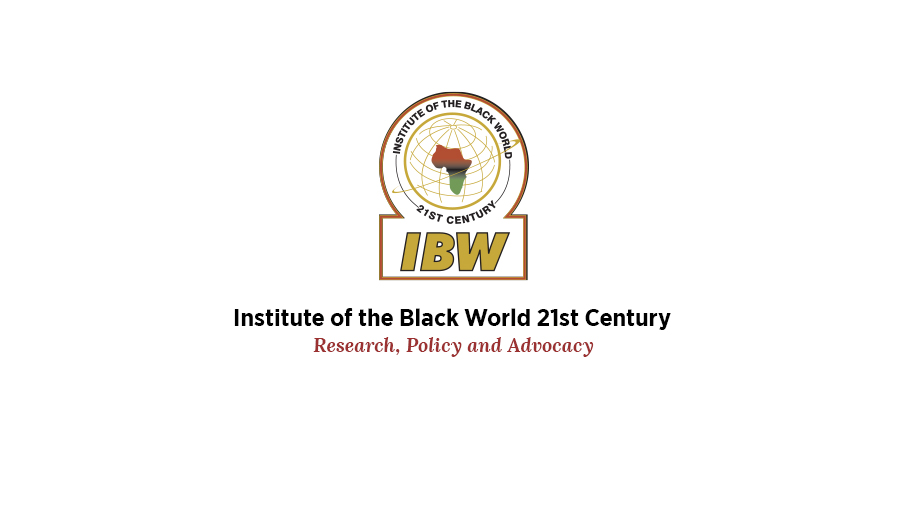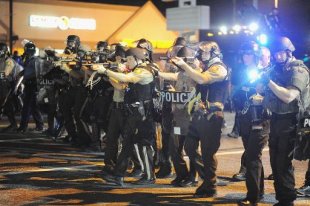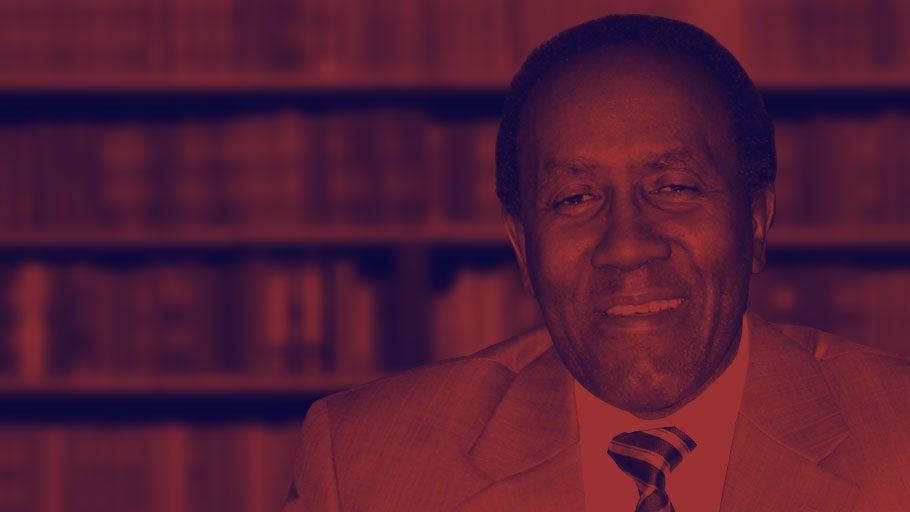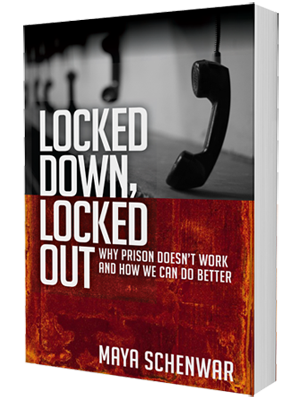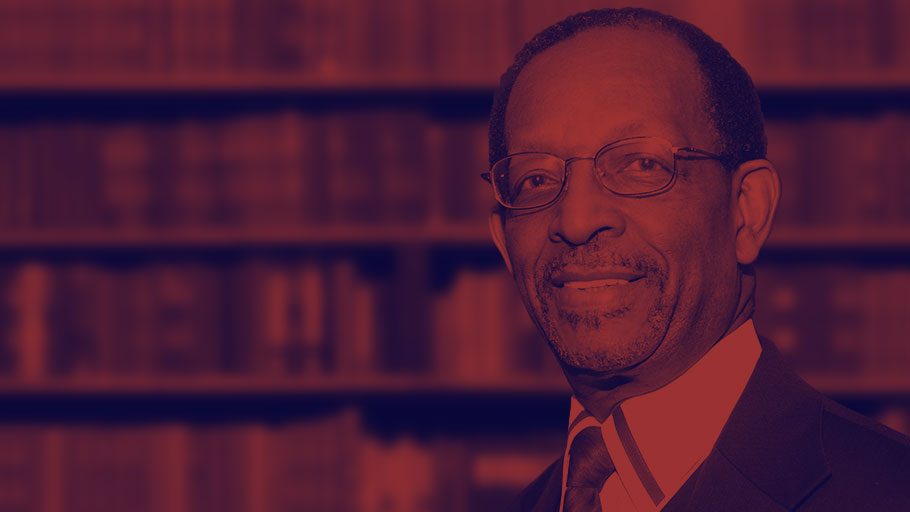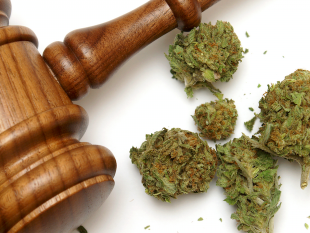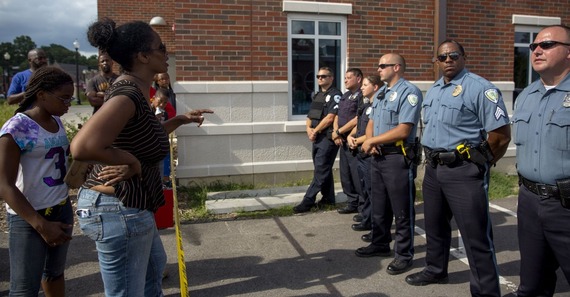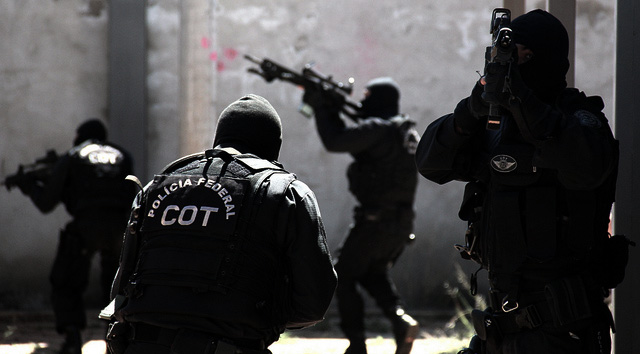
November 20 is Brazil’s Black Consciousness Day. However, for a group of black mothers in the city of Salvador, Bahia, this year’s action will not be about traditional black political questions like affirmative action or identity politics. Instead, they will host a silent protest in front of the Bahian governor’s office in honor of their children who have been killed or “disappeared” by the police. They will demand justice during a day of mourning and struggle.

